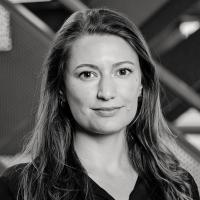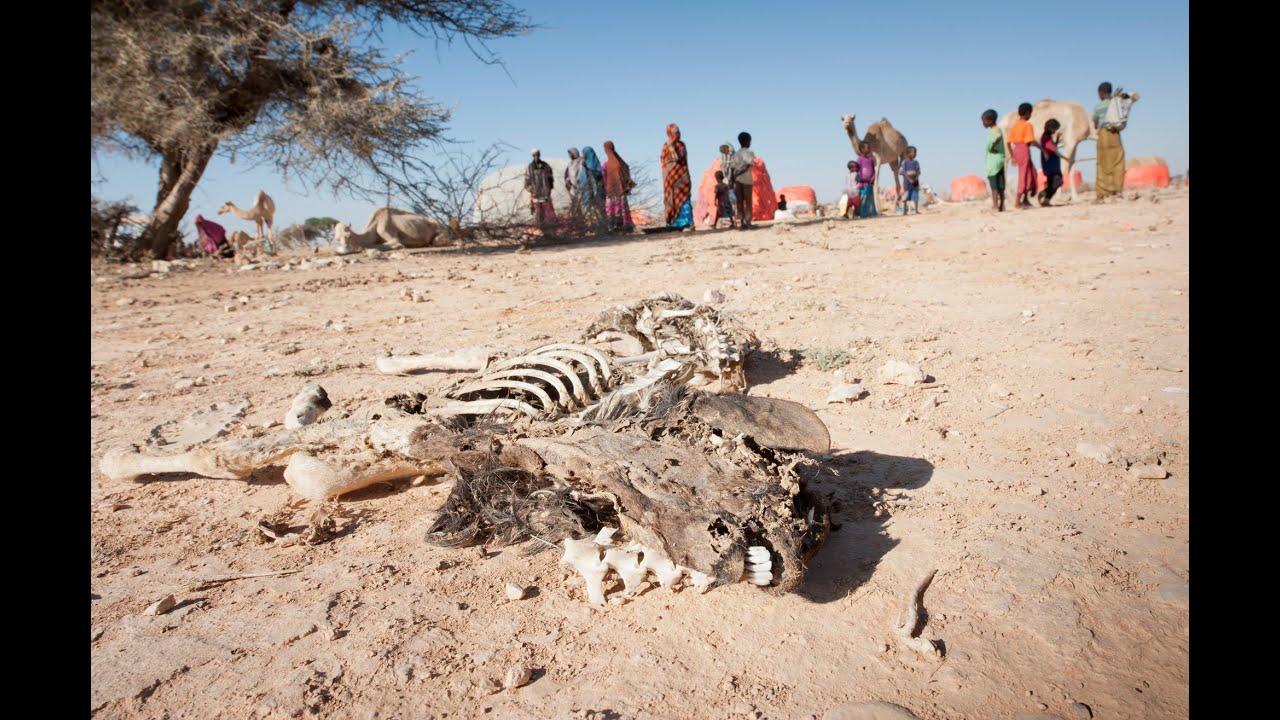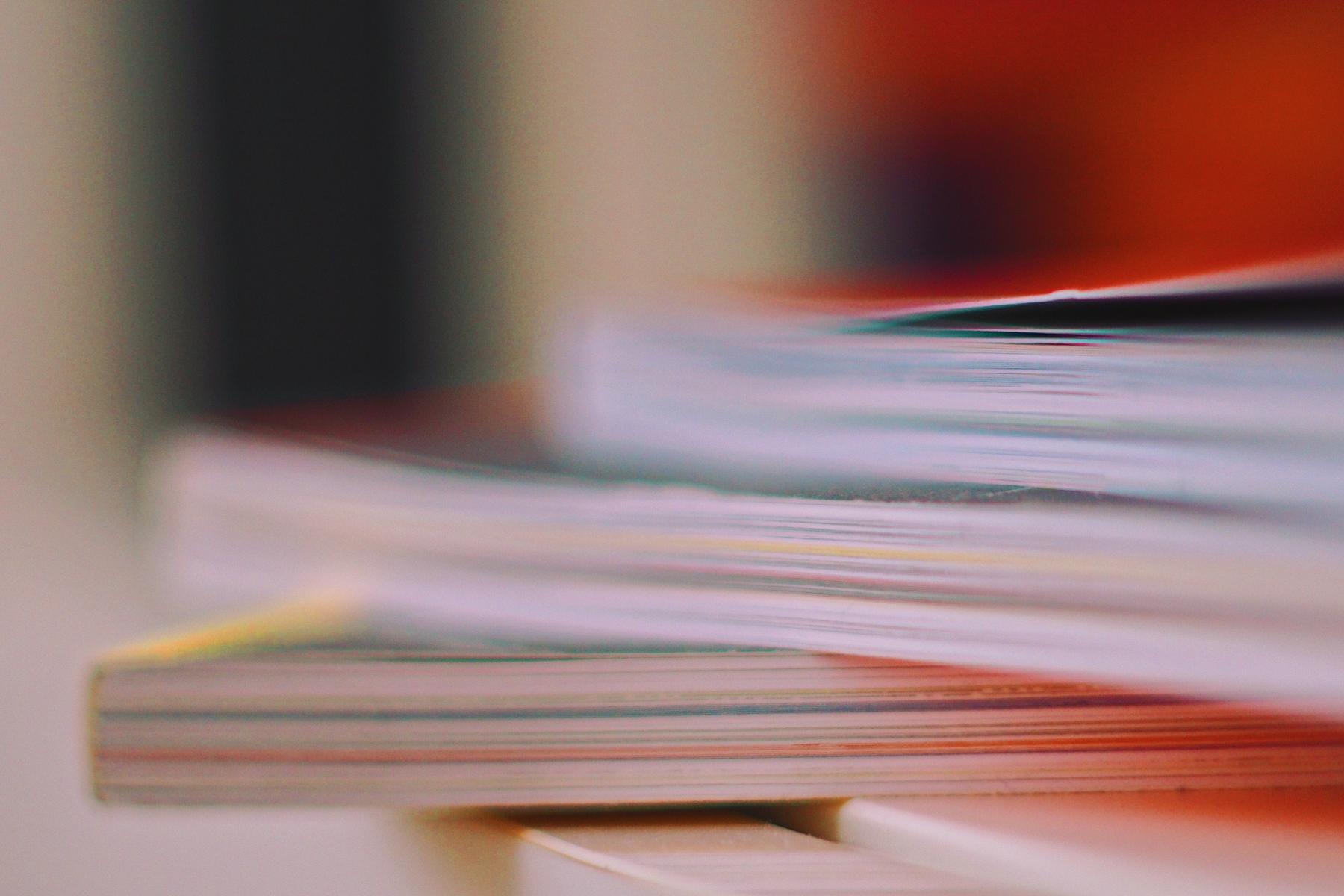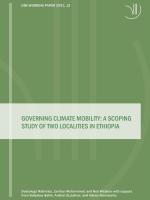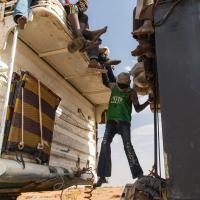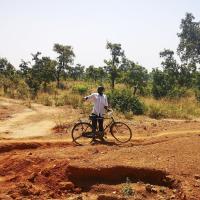Livestreaming
Loss and damage associated with the adverse effects of climate change
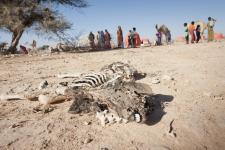
Watch the livestreaming here
Widespread, pervasive impacts from climate change are evident already now, according to the Intergovernmental Panel on Climate Change. These unavoided impacts, or losses and damages, occur when mitigation and adaptation action have not been adequate. They include loss of human lives, of biodiversity, of economic outputs, of cultural heritage, and damages to human health, to property and to economic productivity, to name a few. Such losses and damages are on the rise, with the most vulnerable countries and populations most affected.
Loss and damage has also taken shape as a policy area. The Paris Agreement recognizes “the importance of averting, minimizing and addressing loss and damage associated with the adverse effects of climate change” and recent developments include the ongoing Glasgow Dialogue on financing arrangements and operationalization of the Santiago Network for technical assistance. On the whole however, international processes around loss and damage are characterized by divergent positions and slow progress.
This seminar includes presentations from researchers representing highly affected communities, initial conclusions from the study “Loss and Damage Associated with the Adverse Effects of Climate Change” funded by the Nordic Council of Ministers, and insights from Prof. Emily Boyd, a leading scholar on loss and damage.
Programme
12.30-12.35 Introduction, Lars Engberg-Pedersen
12.35-12.45 Loss and damage and climate migration in Northern Ghana, Francis Jarawura (online presentation)
12.45-12.55 Losses and responses across human and natural systems in Indigenous Communities: A Kanaka Bar Indian Band, Canada case study, Lilia Yumagulova & Patrick Michell (online presentation)
12.55-13.15 Conclusions: Loss and Damage Associated with the Adverse Effects of Climate Change, Lily Lindegaard
13.15-13.30 Critical considerations going forward, Emily Boyd
13.30-14.00 Panel Discussion, Francis Jarawura, Lilia Yumagulova, Patrick Mitchell, Lily Lindegaard, Emily Boyd and Mattias Söderberg
Speakers
Francis Xavier Jarawura is a human geographer with special interest in climate change studies, migration and rural development. He currently works as a lecturer at the Dombo University for Business and Integrated Development Studies in Wa, Ghana. He holds a PhD in Migration Studies.
Lilia Yumagulova is a Bashkir woman with degrees in engineering, risk analysis and a PhD in resilience planning. Her work focuses on community resilience to climate change and disasters in research and practice. Her current research focuses on Indigenous self-determination and the role of women in disaster risk reduction and planned relocation. She is the Program Director for the Preparing Our Home Program that empowers Indigenous youth leadership in community resilience.
Lily Salloum Lindegaard is a researcher at the Danish Institute for International Studies (DIIS). Her work focuses on responses to climate change impacts, from international policy to implementation on the ground. She has worked extensively with climate-related topics including climate-related mobility, governance, finance and mainstreaming, both in Africa and South-East Asia. Lily is coordinating the project “Loss and Damage Associated with the Adverse Effects of Climate Change”.
Emily Boyd is Professor in sustainability studies, specializing in environment and climate change. Her work focuses especially on the interdisciplinary nexus of poverty, livelihoods and resilience in relation to global environmental change in Africa, Latin America, South-East Asia and Europe. She is a leading voice in Loss and Damage research, including its complex policy dimensions.
Mattias Söderberg is Chief Advisor in DanChurchAid, with focus on climate change and development aid. Mattias has followed the international climate negotiations closely for many years, including as an advisor to country Parties, and recently with a focus on Loss and Damage deliberations. He also serves as Co-chair of the ACT Alliance Climate Change. Mattias is an advisor on the project “Loss and Damage Associated with the Adverse Effects of Climate Change”.
Patrick Michell is a member of the Nlaka’pamux Nation and a lifetime resident of Fraser Canyon, BC, Canada. He is the Former Chief of Kanaka Bar Indian Band and is one of the most recognized leaders on climate action in Canada.
The seminar was held and recorded on 28 September 2022, 12.30-14.00 in DIIS Auditorium.
Sign up
DIIS Experts
